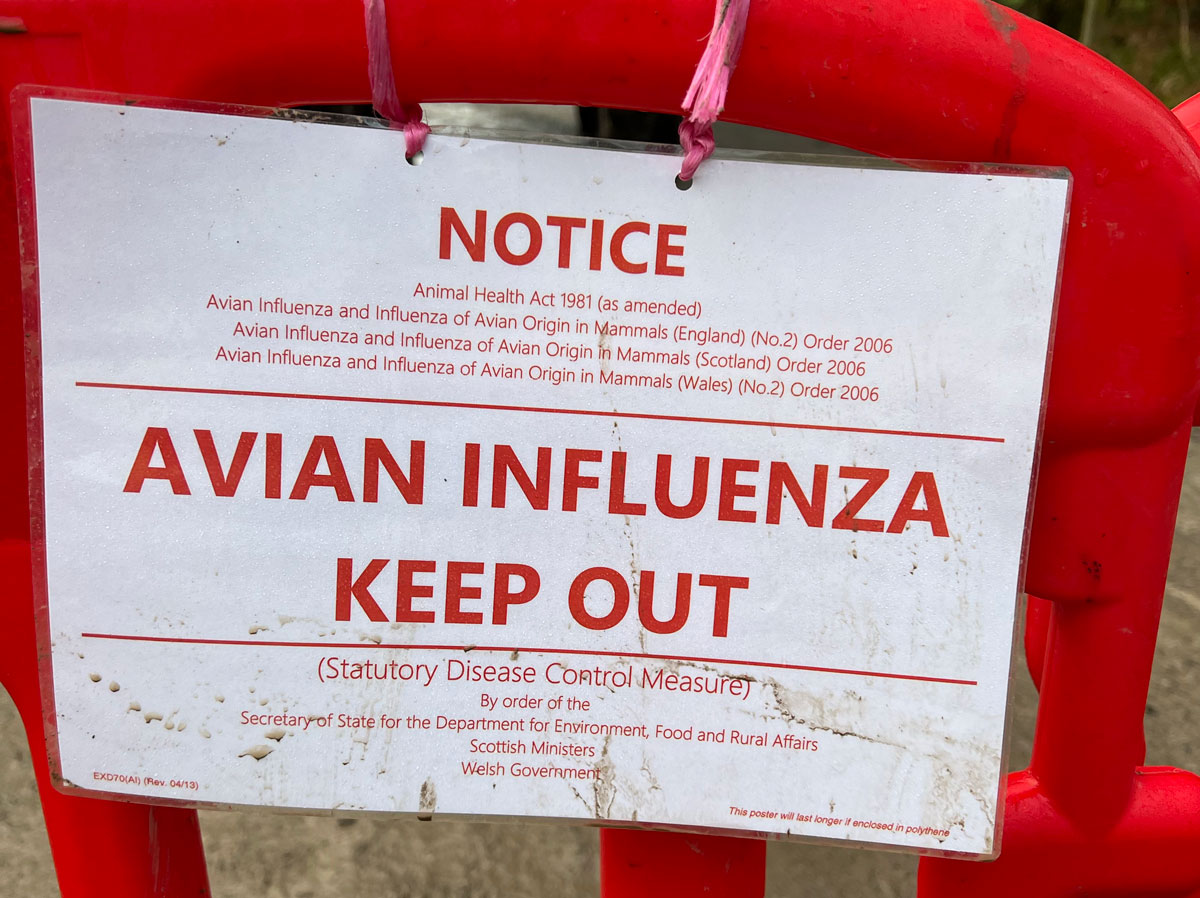Bird flu confirmed in 75,000 layer hens on North Yorkshire farm

Bird flu has been confirmed on a commercial poultry farm in North Yorkshire, leading to the culling of 75,000 layer hens, Defra has confirmed.
The case of highly pathogenic avian influenza (HPAI) H5N1 was detected near the village of Linton-on-Ouse on Friday (20 June).
The outbreak has prompted the immediate implementation of a 3km Protection Zone and a 10km Surveillance Zone around the affected premises.
These measures are aimed at preventing further spread of the virus and minimising risk to other flocks in the region.
All poultry at the site will be humanely culled as part of the government’s disease control protocol, Defra said in its update.
It comes just days after the disease was confirmed in a backyard flock in Co Durham and a small poultry farm in West Yorkshire.
These cases add to the ongoing wave of HPAI outbreaks across the UK, which has seen repeated incursions of the virus in both commercial and backyard flocks since late 2021.
The 2024/25 winter season was particularly challenging, with hundreds of thousands of birds culled due to confirmed cases.
Experts have warned that the virus, which typically peaks during colder months, is now becoming more persistent year-round, raising concerns about its long-term presence in wild bird populations.
Migratory birds are believed to play a significant role in spreading the disease, with cases frequently linked to waterways and coastal areas.
While the mandatory housing order for poultry and captive birds was lifted last month, the avian influenza prevention zone (AIPZ) mandating strict biosecurity remains in place in England, Scotland and Wales.
Meanwhile, a cross-party group of MPs and peers recently urged the government to fast-track gene editing legislation for farmed animals amid rising global bird flu cases.
The group called for the urgent implementation of secondary legislation under the Genetic Technology (Precision Breeding) Act 2023, enabling the use of gene editing in livestock.








